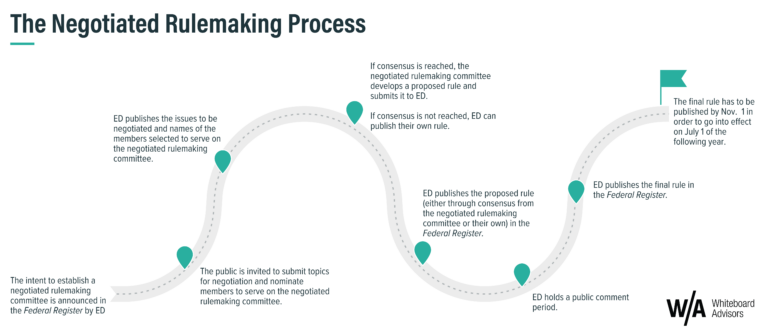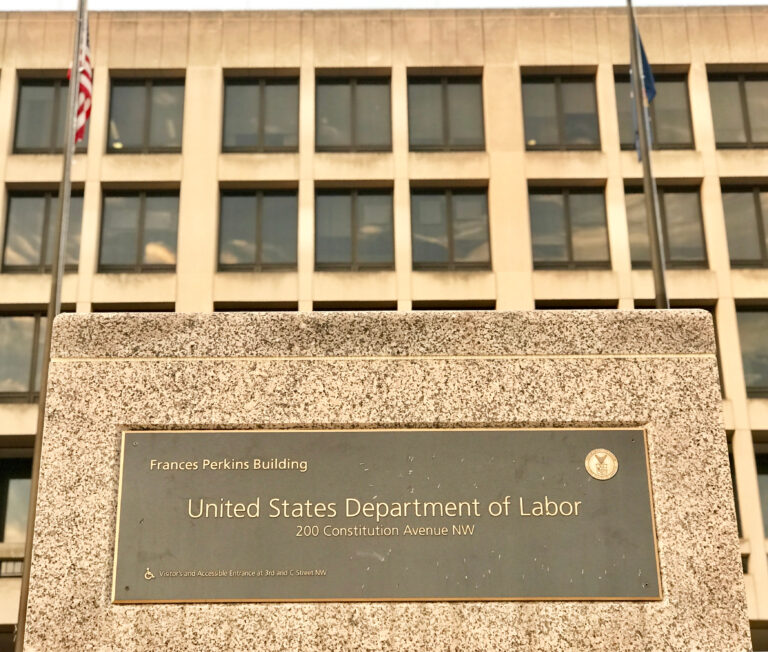There’s bad news and good news from the nation’s largest source of post-secondary consumer information collected by Strada Education Network and Gallup on over 500,000 individuals regarding what college students and graduates think about how post-secondary institutions are succeeding in preparing them for job market and workforce success.
The bad news—consumers don’t believe colleges are succeeding in preparing them for future success—sends warning signals to these institutions about their relevance and value.
On the up side: there are new programs emerging that lay the groundwork for future success and opportunity, and overcome the buyer’s remorse that consumers experience.
Launching a Career—Okay, But…
According to Strada-Gallup, one third of current students “strongly agree” they will graduate with the skills and knowledge for job market and workplace success. Half “strongly agree” their major will lead to a good job, though confidence differs by majors and students. On the other hand, slightly more than half who make post-secondary decisions would change at least one: 36 percent their major; 28 percent their institution; 12 percent their degree.
While students 24 and older are more likely than younger students to report future success in the job market (41 percent vs 32 percent) and workplace (43 percent vs 35 percent), these findings reveal that a far-too-great number of students think their college experience isn’t preparing them up for a successful career. And they’re at odds with how the institutional leaders think they’re doing: 96 percent of chief academic officers say their post-secondary institutions are very or somewhat effective at preparing students for the workforce.
See the following Table for a summary of some of the survey’s major findings.
|
|
|
Decision Networks—Informal |
|
|
|
|
Relevance in Higher Education—Mostly Irrelevant Courses |
|
|
|
|
Buyer’s Remorse |
|
|
The Good News
|
The Bad News
|
Of course, the schools themselves can’t bear the full blame: students change, times change, ideas about how to live one’s life change. But these findings do indicate that colleges and universities need to take a hard look at how they’re approaching students’ school-to-career transition. Not only will it be good for their alumni’s perception of the institution—the livelihood of the alumni themselves is riding on it.
College “Restructuring”
These consumer rumblings forecast a disruption in what institutions do, reinforced by other pressures on post-secondary education.
Harvard’s Clayton Christensen and his colleague Michael Horn predict “…the bottom 25 percent of every [college] tier—will disappear or merge in the next 10 to 15 years, ” citing a range of issues from the breakdown of the college business model to demographics that are making the status quo untenable.
For example, the average tuition discount for full time 2017-2018 freshman is “a whopping 49.9 percent” of an institution’s sticker price; at least one quarter of private colleges now run deficits; and student demographics are working against traditional colleges as the pool of 18 year olds declines.
Some novel options for college consumers—both modest and bold—are being developed to address these challenges and put college students on track to a successful career.
For example, Scripps College, a private liberal arts institution for women enrolling about 950 students, is one of several institutions using winter break for a formal student career advising program, aiming to improve placement rates and starting salaries. According to The Hechinger Report, these programs focus on everything from writing resumes to business etiquette and personal branding, and in large part were started as a response to “demands that they provide more practical career advising.”
Georgia Institute of Technology offers an accredited on-line Master of Science in Computer Science degree enrolling individuals from more than 30 countries—including partnerships with for profit on-line Udacity and AT&T—costing around $7,000. By expanding the pool of eligible students and partnering with top employers, GIT is making gainful employment in a leading field accessible—and affordable—to more people.
General Assembly, a for-profit “boot camp,” offers short and long, in-person and on-line courses in computer programming, data science, and product management, with 20 percent of courses for company employees. It leverages 20 campuses worldwide, 2,500 hiring partners, and a network of over 35,000 graduates. General Assembly, founded in 2011, shows that higher ed innovation needn’t happen only in established institutions. Upstarts are changing the school-to-career game, with General Assembly’s express mission being to foster “an elite professional community of individuals and companies through education and strategic career connections.”
Kenzie Academy, a two-year for-profit software engineering skills program in Indianapolis, includes a student apprenticeship in Kenzie Studio, its consulting arm; an income-share agreement making the $24,000-a-year program affordable and accessible by delaying payments until a job paying at least $40,000; and a Butler University partnership leading to a certificate from both organizations. A compelling testimonial on Kenzie Academy’s website comes from a high school senior: “I was looking at traditional colleges, and they just didn’t feel right. When I shadowed at Kenzie Academy, I realized that this is the place for me.” This future high school graduate is in some measures already ahead of his college-bound peers when it comes to career success.
The Big “So What”
These programs begin to overcome the aspiration-to-experience rift that college consumers describe by providing individuals with new options to gain knowledge and skills that can lead to job market and workforce success. They also show what’s possible when programs re-think eligibility, approaches to career placement while working with employers, and expanding enrollment across continents and age groups. Young people in high school and professionals outside the U.S. are benefiting from innovative U.S. programs designed with workforce success in mind.
We know most colleges need to strengthen their career pathways. These programs provide a launching point from which to learn.
Bruno V. Manno is Senior Advisor for the K-12 Program with the Walton Family Foundation.



